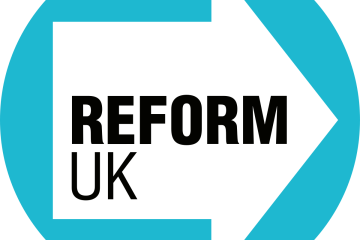Understanding the Role of Men in Today’s Society

Introduction
The role of men in society has drastically evolved over the past few decades, influenced by cultural shifts, economic changes, and evolving gender norms. Understanding these changes is crucial as they not only shape the lives of men but also affect family dynamics and societal structures as a whole. In the current climate, the significance of men’s roles in both public and private spheres stands at a crossroads, prompting critical discussions across various platforms.
Current Trends Affecting Men’s Roles
In recent years, there has been a noteworthy shift in perceptions of masculinity. Traditional expectations often required men to be the primary breadwinners and lack emotional expression. However, contemporary views now encourage emotional intelligence and participation in domestic duties such as parenting and household management. According to a study by the Office for National Statistics (ONS), the number of men taking paternity leave has increased by 30% in the last decade, indicating a growing recognition of the importance of actively involved fatherhood.
Challenges Faced by Men Today
Despite advances, men continue to face significant challenges. Mental health remains a pressing issue, with many men feeling unable to seek help due to persistent stereotypes that label them as weak if they do. A report from Mental Health Foundation indicates that men are three times more likely to commit suicide than women, highlighting urgent needs for resources and support networks specifically tailored for men.
Men’s Contributions to Society
Moreover, men play a crucial role in various sectors, contributing to economic growth and social development. Prominent male figures in diverse domains—from activism to science—are actively working to redefine masculinity and promote gender equity, showcasing the positive impact men can have when embracing a more holistic understanding of their identity. Initiatives such as “Men as Allies” focus on encouraging men to advocate for gender equality in the workplace, creating environments where both men and women can thrive equally.
Conclusion
The evolving role of men in society is significant and multi-faceted, encompassing a myriad of challenges and opportunities. As societal perceptions continue to shift, it is essential for men to embrace the changes while also addressing the stereotypes that hinder personal and communal growth. Future generations of men are poised to benefit from this shift, fostering a society where emotional intelligence, shared responsibilities, and collaborative efforts towards equality take precedence. Engaging in open discussions on these topics can significantly influence how men navigate their roles in the years to come, creating a more supportive and understanding environment for all.









